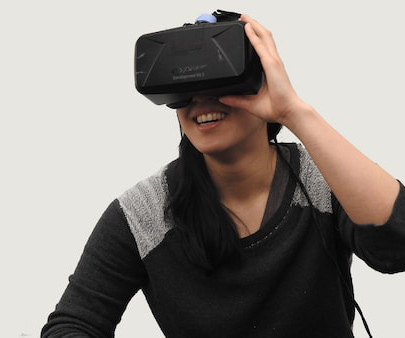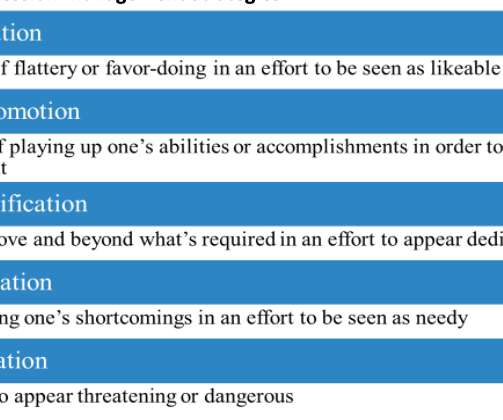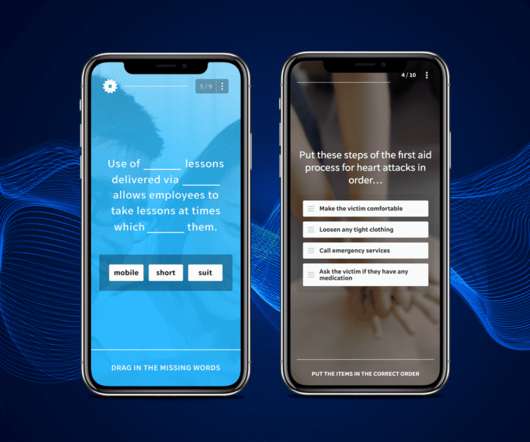Adult learning theories for instructional designers: Andragogy
Matrix
APRIL 22, 2021
Lately, I’ve seen a lot of the focus moving towards technology rather than learning itself. While trainers have to preferably keep up with the latest developments and trends, there is a lot to be saiz about adult learning and how it applies to successful L&D interventions. The relevance of adult learning theories.








































Let's personalize your content